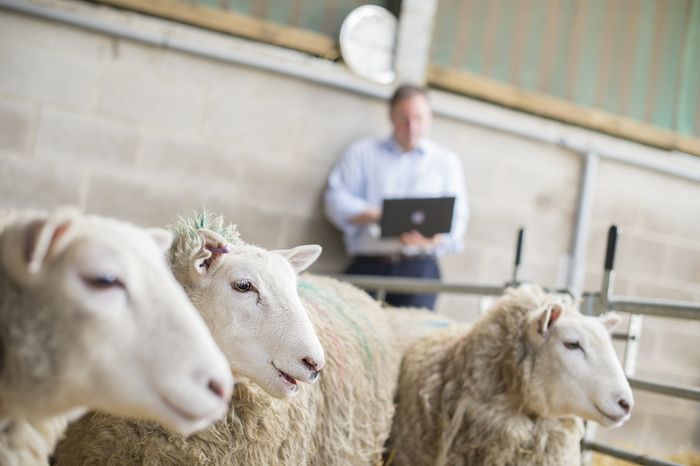The Agrifood Training Partnership (AFTP) is offering vets and animal health trade professionals (SQPs) an opportunity to study ruminant nutrition at a leading agricultural university.
Harper Adams University, in Shropshire, will tutor the ‘Principles of Ruminant Nutrition’ as a continued professional development (CPD) course starting on November 25th. It is one of four modules that together offer the opportunity to gain a valuable postgraduate certificate in ruminant nutrition.
The course has been endorsed by both Rumenco Ltd and the XL Vet Group who were part of the validation panel. The panel congratulated the course team for “creating a unique programme that offered progression opportunities and a flexible mode of study, which considered the needs of both students and employers.”
Commenting on the course, AFTP spokeswoman Deborah Kendale said: “The Postgraduate Certificate in Ruminant Nutrition’ has been developed from our existing ‘Diploma in Ruminant Nutrition’ and is designed for technical specialists in the feed industry and vets undertaking CPD. Over the last few years approximately 50 students, including SQPs, vets and farmers, have undertaken the programme, and we expect numbers to be high again this academic year.”
The ‘Principles of Ruminant Nutrition’ module is one of four that address ruminant nutrition and ruminant feeding systems. Feed ingredients, ruminant physiology and digestion, forage production, voluntary food intake and feed and forage analysis are the five content areas covered by the module.
It is expected that students who complete the course will be able to identify the nutrients contained within animal feeds and explain the structure and function of the ruminant and pre-ruminant digestive tract. During the course students will also evaluate factors influencing grass and forage production, analyse the chemical composition of animal feeds and interpret forage and feedstuff analysis.
The course carries 15 credits and will be taught at Harper Adams from November 25th-29th. It will include lectures, tutorials, farm visits and directed reading. Lectures will be used to introduce concepts whilst tutorials and farm visits will demonstrate topics such as forage analysis in practice.


